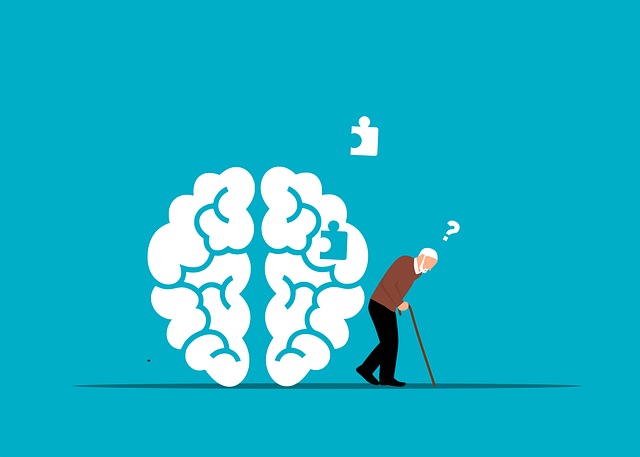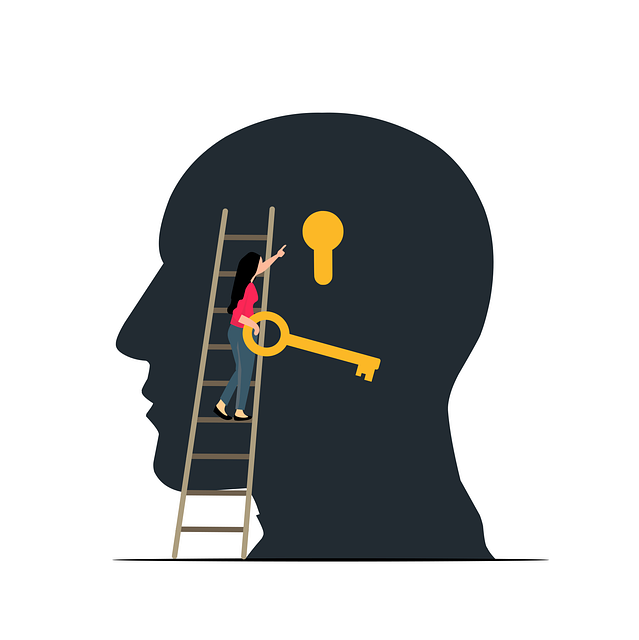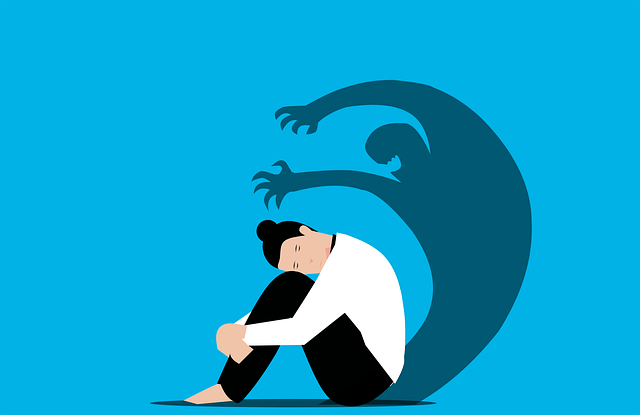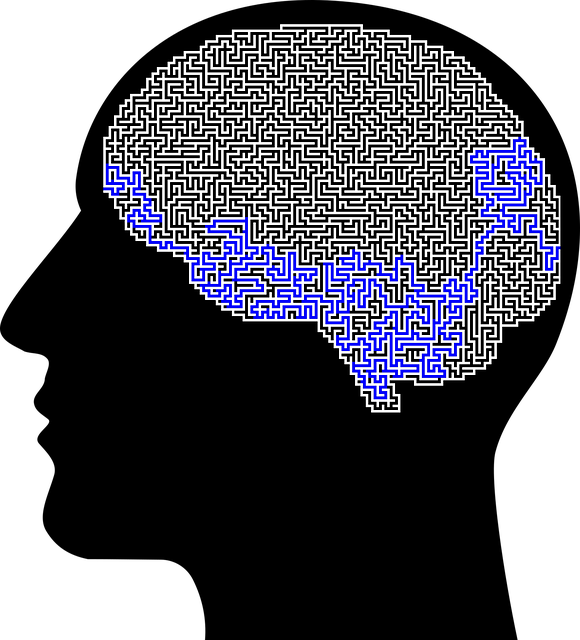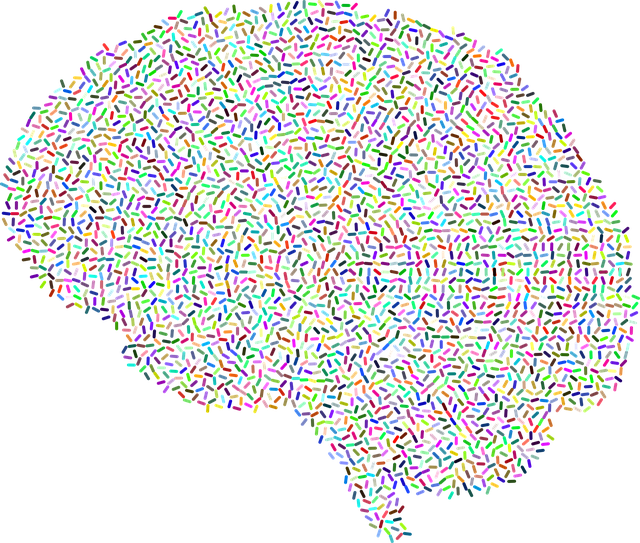Stress is a common modern adult struggle, but therapy, particularly Somatic Experiencing (SE), offers powerful tools to manage it. SE focuses on the body's response to trauma and tension release, providing effective stress reduction techniques. Combining this with self-care practices like mindfulness, exercise, and sleep significantly enhances well-being. Public awareness campaigns promoting SE and stress management workshops can empower individuals to prioritize their mental health in a fast-paced world, reducing burnout and stigma.
Stress reduction is a vital aspect of maintaining mental and physical health, especially for adults navigating today’s demanding world. This article explores various strategies to mitigate stress, from understanding its profound impact to delving into effective therapy techniques like Somatic Experiencing. We discuss daily practices, the power of mindfulness, and highlight professional support as a game-changer for chronic stress. By employing these methods, individuals can foster resilience and enhance overall well-being.
- Understanding Stress and Its Impact on Adults
- The Role of Somatic Experiencing in Therapy
- Techniques for Daily Stress Reduction
- Integrating Mindfulness into Your Routine
- Benefits of Professional Support for Chronic Stress
Understanding Stress and Its Impact on Adults

Stress is a ubiquitous aspect of modern adult life, with countless demands and responsibilities pulling at our time and energy. It can manifest in various ways, from physical symptoms like headaches and fatigue to emotional turmoil such as anxiety and irritability. For many adults, chronic stress goes unaddressed, leading to significant impacts on overall well-being. This is where therapy for adults comes into play, offering powerful tools for navigating life’s challenges.
Somatic Experiencing, a form of therapy focused on the body’s response to trauma and stress, has gained recognition as an effective approach. By helping individuals connect with their physical sensations, it facilitates the release of stored tension and promotes a deeper sense of safety and regulation. Beyond professional therapies, incorporating self-care practices like mindfulness meditation, regular exercise, and quality sleep is crucial for managing stress levels. Additionally, empathy building strategies, which foster understanding and connection with oneself and others, can significantly boost confidence and resilience in navigating stressful situations.
The Role of Somatic Experiencing in Therapy

Somatic Experiencing (SE) is a powerful therapy approach that focuses on the deep connection between our physical bodies and mental well-being. It plays a pivotal role in helping adults navigate and overcome stress, trauma, and anxiety. Unlike traditional talk therapies that primarily address cognitive aspects, SE goes beyond words and encourages clients to explore their bodily sensations as a means of understanding and releasing repressed emotions.
This therapy method is particularly effective for those struggling with burnout or seeking a holistic approach to self-care routine development. By engaging in SE, individuals can gain valuable insights into their bodies’ responses to stressful situations, enabling them to develop more adaptive coping mechanisms. This, in turn, fosters better mental health and overall resilience. Public awareness campaigns aimed at promoting stress reduction methods like SE can significantly contribute to burnout prevention, empowering folks to prioritize their well-being in today’s fast-paced world.
Techniques for Daily Stress Reduction

Incorporating daily practices for stress reduction is a powerful way to enhance overall mental wellness. Simple yet effective techniques like mindfulness meditation and deep breathing exercises can be easily integrated into one’s routine, offering immediate relief from the pressures of daily life. These practices not only help in managing stress but also foster a sense of calm and clarity, allowing individuals to navigate their day with renewed focus and resilience.
For those seeking more comprehensive trauma support services, Somatic Experiencing therapy for adults stands out as a game-changer. This innovative approach combines mental wellness podcast series production techniques with physical awareness exercises to help individuals process and release traumatic memories or experiences. By addressing the body’s response to stress and trauma, Somatic Experiencing provides an effective method for long-lasting stress reduction and emotional healing.
Integrating Mindfulness into Your Routine

Integrating mindfulness into your daily routine can be a powerful tool for stress reduction and overall well-being. This ancient practice involves focusing your awareness on the present moment, observing your thoughts and feelings without judgment. Mindfulness has gained significant attention in therapy circles, particularly as a therapeutic approach for adults dealing with various mental health issues. It is a core component of Somatic Experiencing, a type of body-oriented therapy that helps individuals process traumatic experiences and regulate their mood.
By incorporating mindfulness practices such as meditation or deep breathing exercises into your routine, you can effectively reduce stress, improve focus, and enhance emotional balance. These techniques encourage a non-reactive mindset, allowing you to navigate challenging situations with more clarity and composure. Mindfulness has been shown to have positive effects on mental illness stigma reduction efforts, promoting self-acceptance and compassion towards one’s emotional state. Moreover, participating in structured Stress Management Workshops organized by various organizations can equip individuals with practical tools for mood management, fostering a healthier and more resilient mindset.
Benefits of Professional Support for Chronic Stress

Professional support is invaluable for individuals dealing with chronic stress. Therapy for adults, such as Somatic Experiencing, offers specialized techniques to process traumatic memories and intense emotions, providing long-lasting coping strategies. This form of therapy encourages self-awareness and promotes a deeper understanding of one’s stress responses, ultimately leading to better mental health.
In today’s fast-paced world, public awareness campaigns play a crucial role in promoting stress management workshops and organization initiatives. These programs aim to educate people on recognizing the signs of chronic stress and offer practical tools for self-care routine development. By combining professional guidance with personal proactive measures, individuals can effectively navigate their stressful journeys, leading to enhanced well-being.
Stress reduction is a multifaceted approach, and understanding its impact on adults is crucial. From somatic experiencing therapy, which delves into the body’s response to stress, to everyday techniques like mindfulness, there are numerous ways to navigate and manage stress effectively. Integrating these methods into your routine can foster resilience and overall well-being. Remember that seeking professional support for chronic stress is a valuable step towards a healthier, more balanced life, offering tailored strategies for long-term management.

